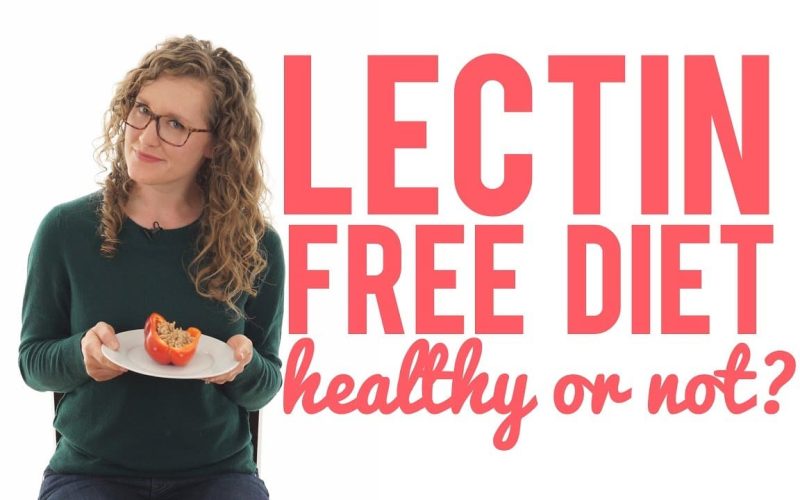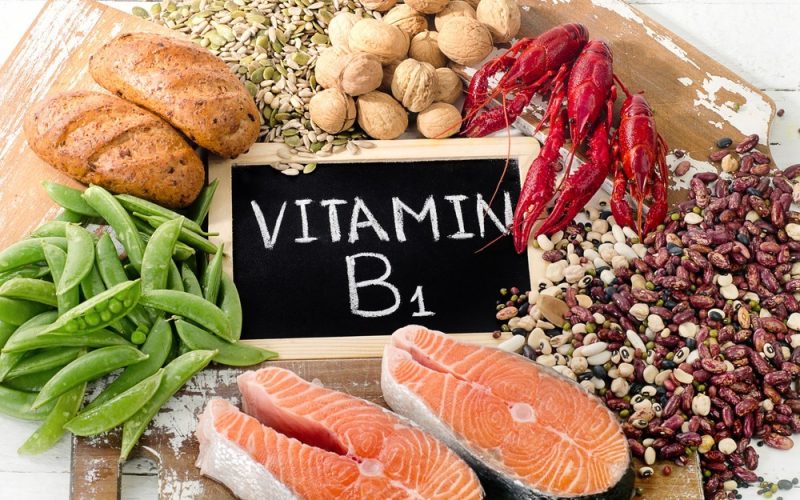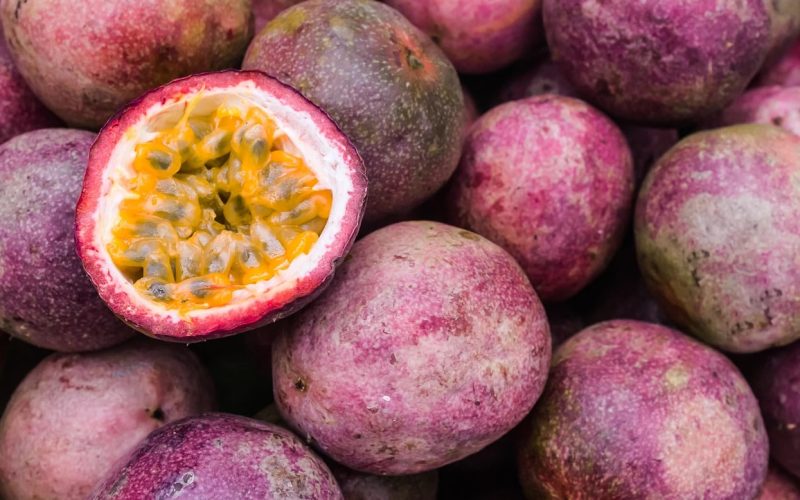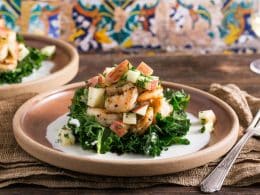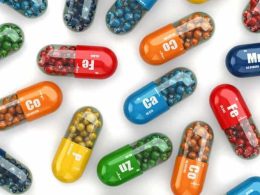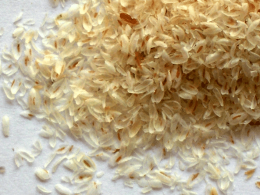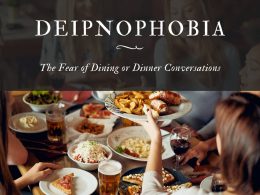Lectins are proteins present in plants that have been linked with not only positive, but negative health effects. But how is a lectin-free diet helpful to you? Read on.
Some plant-based foods, such as legumes and beans, whole grains, and some vegetables have high amount of lectins present in them.
What are lectins?
Lectins are a special type of protein that can help human cells communicate with each other. While in plants, they provide a form of defense against invaders, such as insects.
These proteins, which also contain nitrogen, is necessary for the growth of plants. Although many plants have lectins present in them, what people mostly consume are the seeds.
There are several ways lectins may impact health, and this could range from the risk of chronic diseases to digestion issues. There also has been reports of lectins causing red blood cells to cluster. This is why it is important to ensure your lectin-free diet is thoroughly monitored.
Lectins are categorized as anti-nutrients, especially since they can hinder the absorption of some important nutrients.
Not only that, they can also cause stomach pains when uncooked or undercooked plant foods are eaten. It can be fatal eating uncooked legumes with lectins present in them.
This goes against a lectin-free diet, and proper attention should be given to your foods so you are not exposed to anything fatal.
The lectin present in red kidney beans is called “phytohaemagglutinin”. This lectin is responsible for red kidney beans poisoning, which is caused by eating it undercooked or raw.
Consuming about four raw kidney beans, according to the United States Food and Drug Administration (FDA), could cause some physical symptoms including severe nausea, diarrhea, and vomiting.
This means, it is very important that all lectin-based foods must be properly cooked to avoid any healthy implications in a lectin-free diet.
It is imperative that slow cookers aren’t used to prepare your kidney beans and other lectin-based foods.
Ensure the temperature is high enough to eliminate lectins, so you don’t expose yourself to lectin poisoning.
Some of the ways to reduce lectins in a lectin-free diet include;
- Pressure cooking
- Boiling
- Deseeding
- Fermentation
- Peeling
- Sprouting
Asides the negative effects of lectins, we can’t deny the positive effects as well. Little amounts of lectins may be useful for the good bacteria living in the human body’s digestive system.
Lectins can be useful in identifying and diagnosing cancer. They are also have the potential to help slow down the growth of cancerous cells.
Lectins are also being researched for their usefulness in the treatments of health complications caused by fungi, bacteria, and viruses.
What do you know about the lectin-free diet?
Dr. Steven Gundry gave the lectin-free diet popularity. He’s a renowned heart surgeon who turned his attention to food and supplement-based medications.
He made us to understand that lectins are the main danger he discovered in the general American diet.
To prove his point, he’s written a book that gave in-depth informations on how you can do without lectins, alternative food options, and different recipes.
The book provides to people who are looking to improve their health and lose weight. It also has supplements the good doctor himself developed that are currently sold under the GrundryMD brand.
Benefits of a lectin-free diet
Scientists have rested on the belief that lectins are dangerous, and can cause inflammation in humans. Older studies have linked lectins to autoimmune complications, as well as rheumatoid arthritis, diabetes, and celiac disease.
It generally affects the immune system as it increases inflammation.
Long-term exposure to inflammation caused by lectins has been associated with a number of serious medical complications such as cancer, heart disease, and even depression.
Lectins, according to a study, makes it easy for bacteria and other toxins to pass through the gut barrier.
Nevertheless, a lectin-free diet could be the answer to lowering inflammation in the body. However, further research in humans is required to fully determine its effect.
Risks of a lectin-free diet
The lectin-free diet is a modified plan, which may prove difficult for some people to carry on in the long-term. A lectin-free diet could cause constipation if there is decrease in the intake of dietary fiber.
Following this diet can be costly as the plan recommends expensive supplements, pasture-raised meats, and special milk.
The plan also puts restrictions or limitations on many nutritious foods, such as beans, whole grains, and some vegetables.
Consuming whole grains has several healthy benefits which includes, reducing the risk of heart disease, cancer, and diabetes.
Adding vegetables and fruits to your diet also have many health benefits. You can reduce multiple health conditions by eating more of fruits and vegetables, while still helping you lose unwanted weight.
Vegetarian may find it difficult to maintain a lectin-free diet, since nuts, legumes, seeds and whole grains are the primary source of plant-based protein.
While legumes, vegetables, fruits, and grains provide the necessary fiber needed to stay healthy.
Foods to eat in a lectin-free diet
The following foods, according to Dr. Steven, are perfect for people who want to minimize their intake of lectin;
- A2 milk
- Pasture-raised meats
- Olive oil
- Avocados
- Cooked potatoes (sweet)
- Celery
- Mushrooms
- Garlic
- Onion
- Asparagus
- Leafy greens
- Cruciferous vegetables like broccoli and Brussels sprouts
Foods to avoid in a letin-free diet
According to Dr. Steven, you would have to limit or completely cut off the following foods if the goal is to avoid lectins in your diet;
- Grains
- Fruits ( to be taken in moderation)
- Squash
- Legumes like peas, beans, peanuts, and lentils
- Nightshade vegetables like peppers, potatoes, tomatoes, and potatoes
If you must consume grains, it is recommended that the products be made from white flour rather than wheat.
The following, according to Dr. Steven, should be totally avoided;
- • A1 milk
- • Corn
- • Meat gotten from corn-fed animals
Conclusions
Although some damage may be associated with eating lectin-based foods, there are also several health benefits in eating plant-based foods.
Many plants have high amount of lectins in them, but the levels of lectins in plants differ, depending on the plant type.
There are also different types of lectins, and some of which are known to be beneficial.
It is also important to note that the number of researches on lectins was done in animals or via test test-tubes subjects. Also, many studies focused on single lectins rather than the foods that houses them. More studies are required before it’s advisable to follow a lectin-free diet.
Right now, the diet is still considered a trend than a dietary plan supported by science.
Are you on a lectin-free diet? Did you know about the diet before now? Is it a diet you think you can get accustomed to? Share your thoughts with us in the comments.



